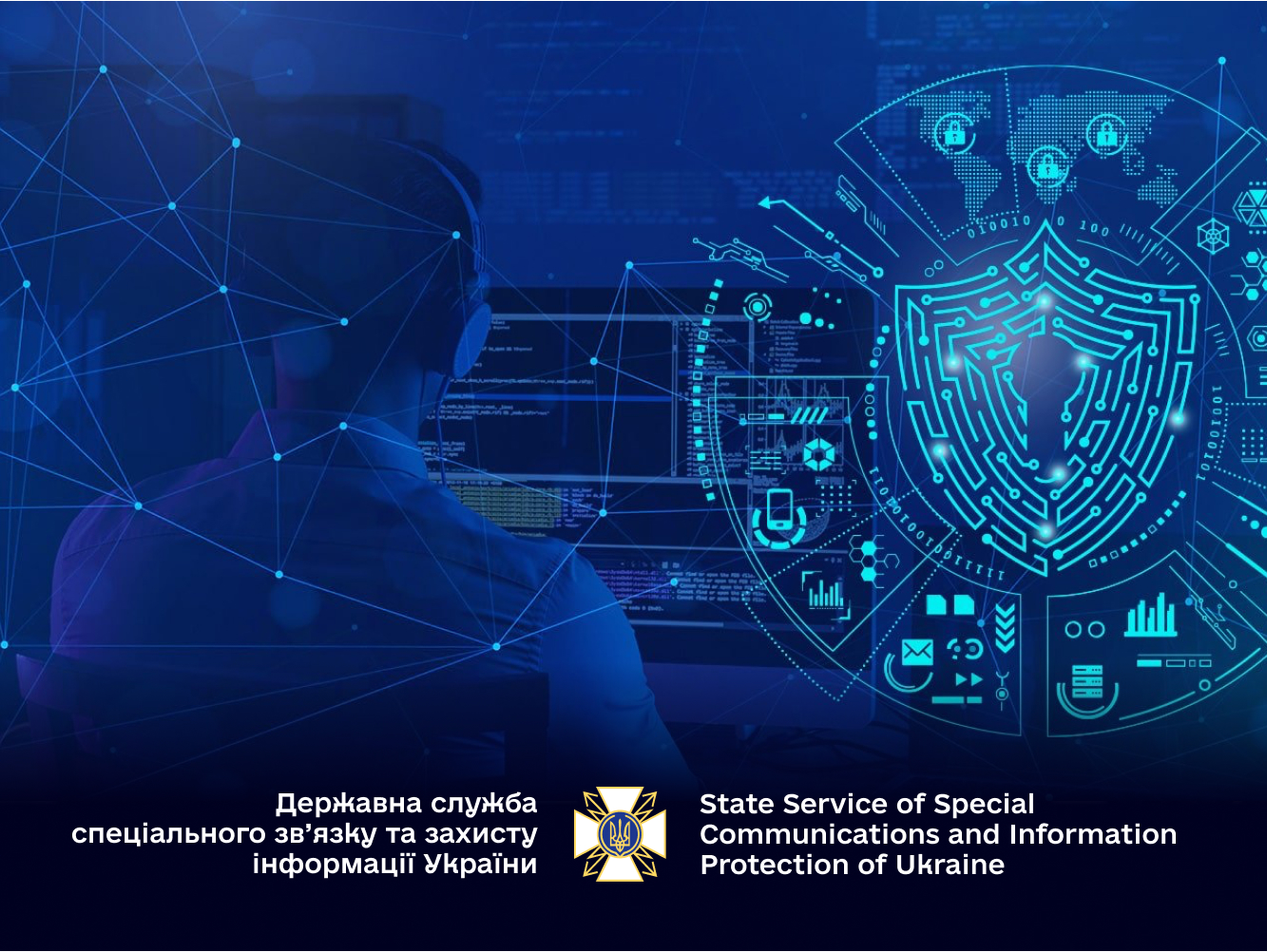
Collaboration at all levels is key to building effective cyber defense systems
In the conditions of the rapid development of information technologies, the formation of effective approaches that will ensure the cyber resilience of information systems is extremely important. In order for this work to be as effective as possible, it is necessary to develop cooperation both within the state and at the interstate level, create a modern regulatory framework, and train specialists who will be able to resist threats in cyberspace. This was emphasized by Oleksandr Potii, the deputy head of the State Special Service, during his speech at the World Economic Forum.
The war highlighted the importance of international cooperation in the fight against cyber attacks. Countries should share information and work together to develop new means of protecting the IT systems of democratic countries. This is especially important in the case of cyber attacks on critical infrastructure such as power grids and water systems.
Russian aggression also demonstrated that government and business should be partners and cooperate with each other. This is a matter of general protection, because an attack on government resources can spread to a business, and the penetration of a private company's data system can pose a serious threat to government agencies that use that company's software.
Oleksandr Potiy noted that most of Ukraine's top cyber security experts have joined the State Special Communications team to strengthen the country's cyber resilience. And the CERT-UA Emergency Response Team in Ukraine, which operates under the State Special Communications Service, provides free assistance to any Ukrainian organizations, including commercial ones.
"We are developing a national policy in the field of cyber protection, information protection, etc. Therefore, the task of our legislative team is to create such a structure of the cyber protection system, which would be able to work effectively and could adapt to new threats and challenges," the deputy head of the State Intelligence Service emphasized.
The basis of this system is modern legislation, personnel potential, international cooperation and public-private partnership within the country, as well as a developed technological infrastructure. The State Intelligence Service is the driver of such changes and uses the best examples from the experience of other countries for this. In particular, this applies to the practice of the USA and Europe regarding the protection of critical information infrastructure. The implementation of the relevant EU Directives NIS 2 (EU 2022/2555) and RCE (EU 2022/2557) is currently underway.
He also paid particular attention to the need to think about the future now, engaging in professional training, which is in demand both in Ukraine and around the world. University students who have entered into memorandums with the State Intelligence Service can undergo training at our UA30 training center to develop skills, practicing scenarios for responding to cyberattacks on special simulators. Over the past year and a half, more than 500 cyber security specialists from the State Special Forces, as well as from other state institutions and enterprises, as well as students, have undergone special training in Ukraine and abroad.